'Fail' by Stefano Parrini (2018)
'Fail' is a book depicting the aesthetics of failure in archiving memories. Memories become stutterer, volatile, and uncertain. Their profiles - evanescent per se - need to be clarified. Their meanings are scattered and lost in an endless ocean of images. Hence, the title "Fail" can mean disappointment, omission, damage, or failure. According to Plato, "to know" is "to remember". As a fact, without memories, we do not exist. Humans find in memories the solution for their experience not to be excluded from the world, to create that mark that makes it unique, and to compensate for a weak instinct. For this reason, since ancient times, communities have strived to pass on, preserve, and store memories. Oral tradition, writings, and arts were originally all different types of collective memory. On the contrary, individual memory storage is quite a recent conquest that became endemic thanks to evolving means of duplication and the spread of images. Technology is substituting personal memories since the present moment can be immediately shared, and efforts in remembering are no longer necessary.
Stefano Parrini
urbanautica.com (review)
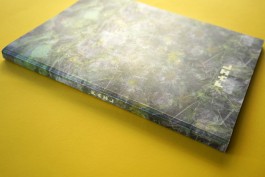


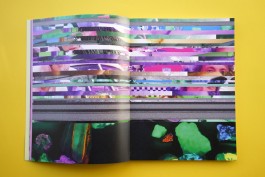


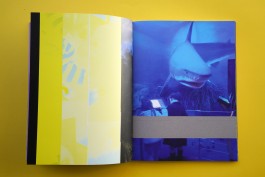
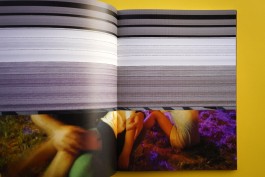
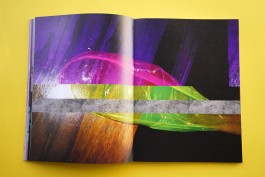




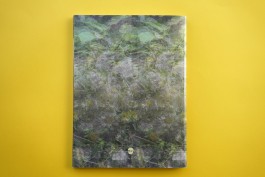
'Fail' by Stefano Parrini (2018)
'Fail' is a book depicting the aesthetics of failure in archiving memories. Memories become stutterer, volatile, and uncertain. Their profiles - evanescent per se - need to be clarified. Their meanings are scattered and lost in an endless ocean of images. Hence, the title "Fail" can mean disappointment, omission, damage, or failure. According to Plato, "to know" is "to remember". As a fact, without memories, we do not exist. Humans find in memories the solution for their experience not to be excluded from the world, to create that mark that makes it unique, and to compensate for a weak instinct. For this reason, since ancient times, communities have strived to pass on, preserve, and store memories. Oral tradition, writings, and arts were originally all different types of collective memory. On the contrary, individual memory storage is quite a recent conquest that became endemic thanks to evolving means of duplication and the spread of images. Technology is substituting personal memories since the present moment can be immediately shared, and efforts in remembering are no longer necessary.
Stefano Parrini
urbanautica.com (review)














